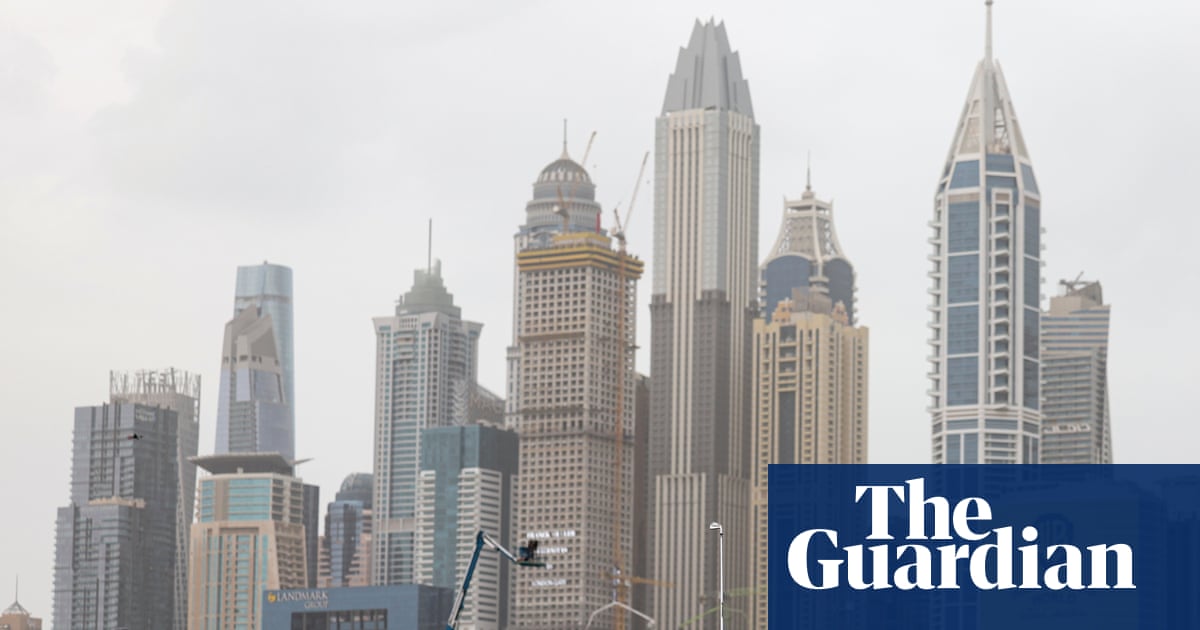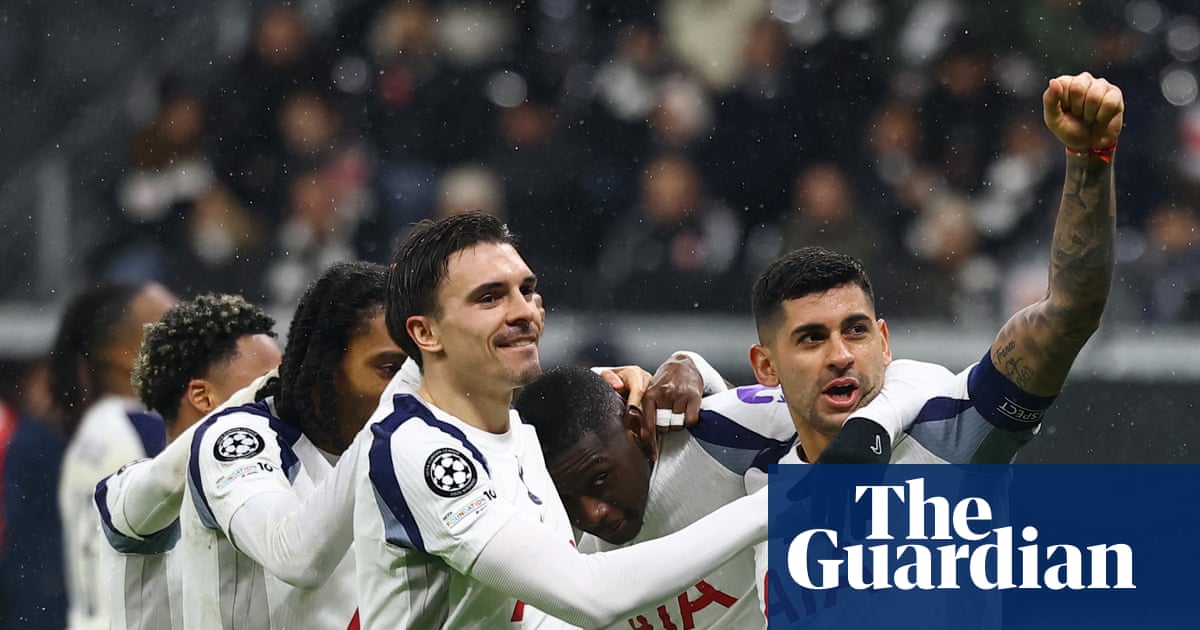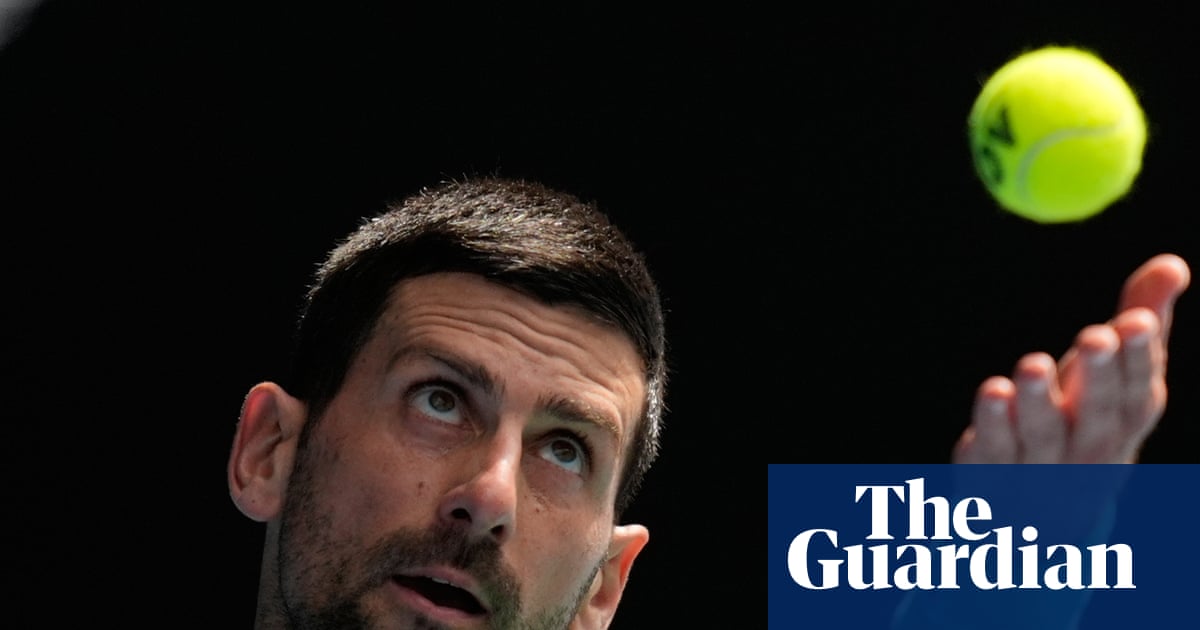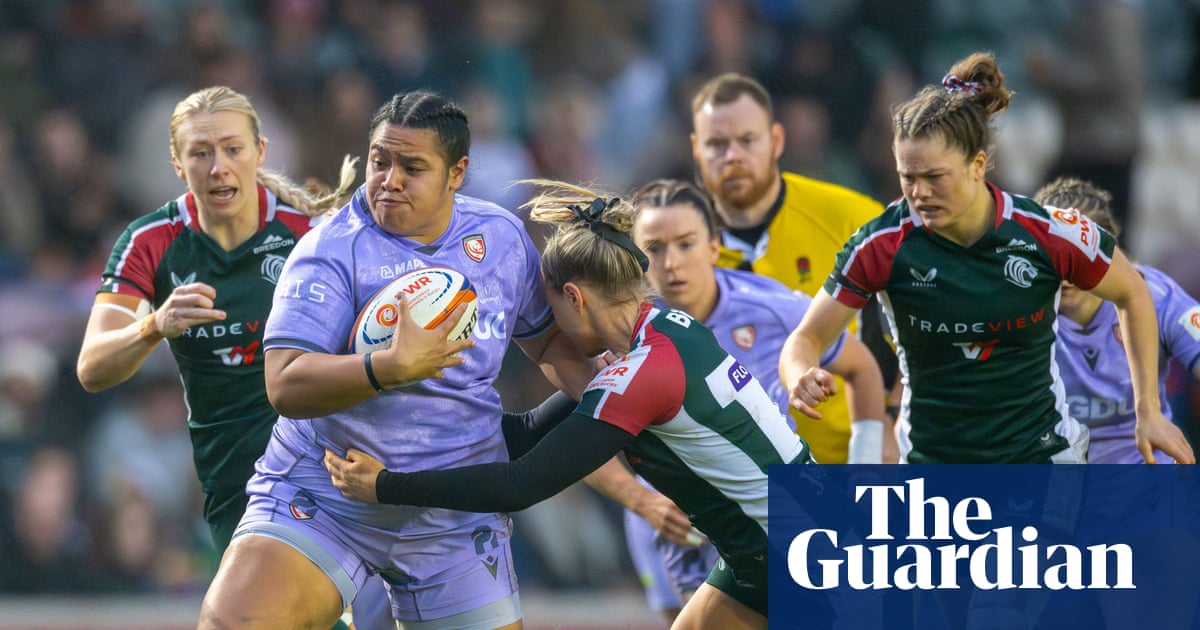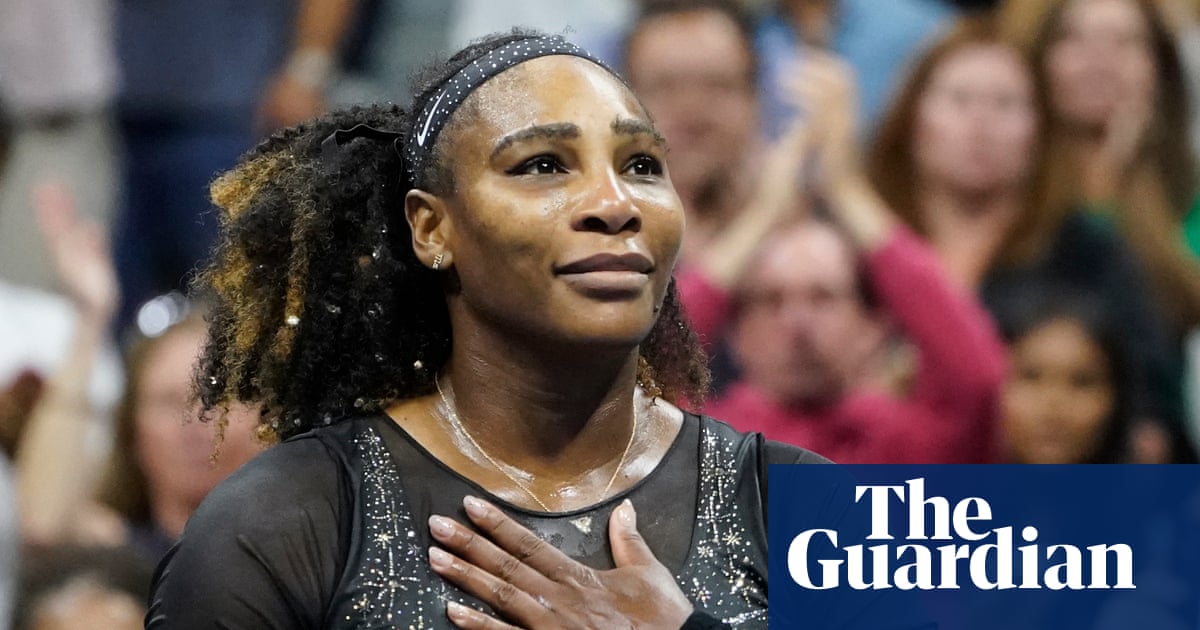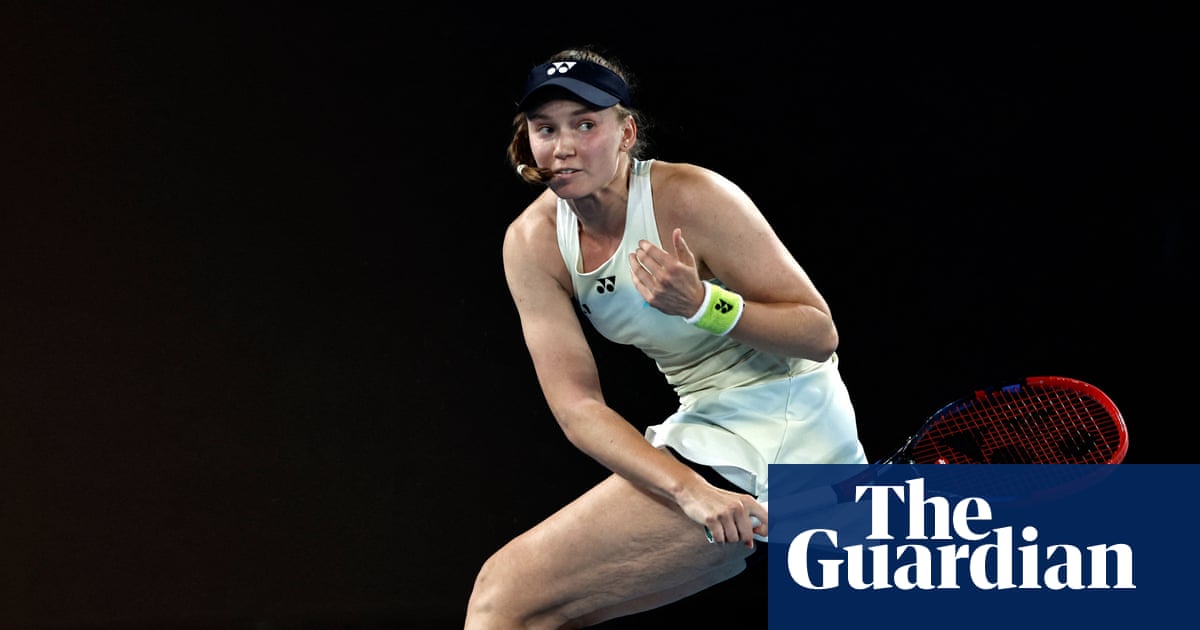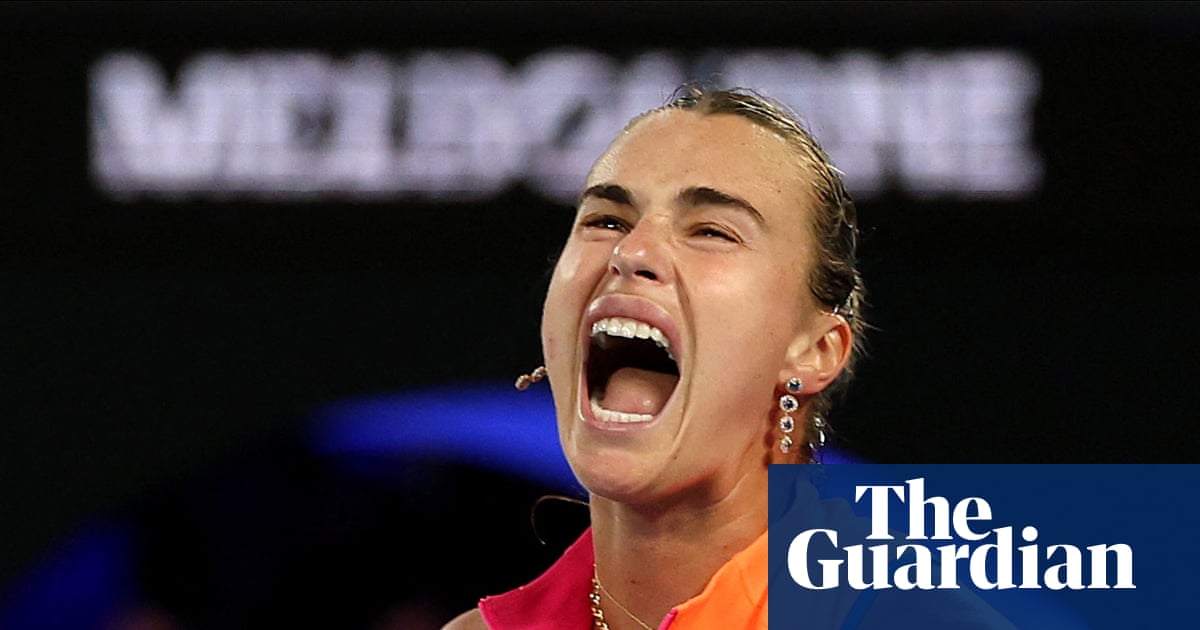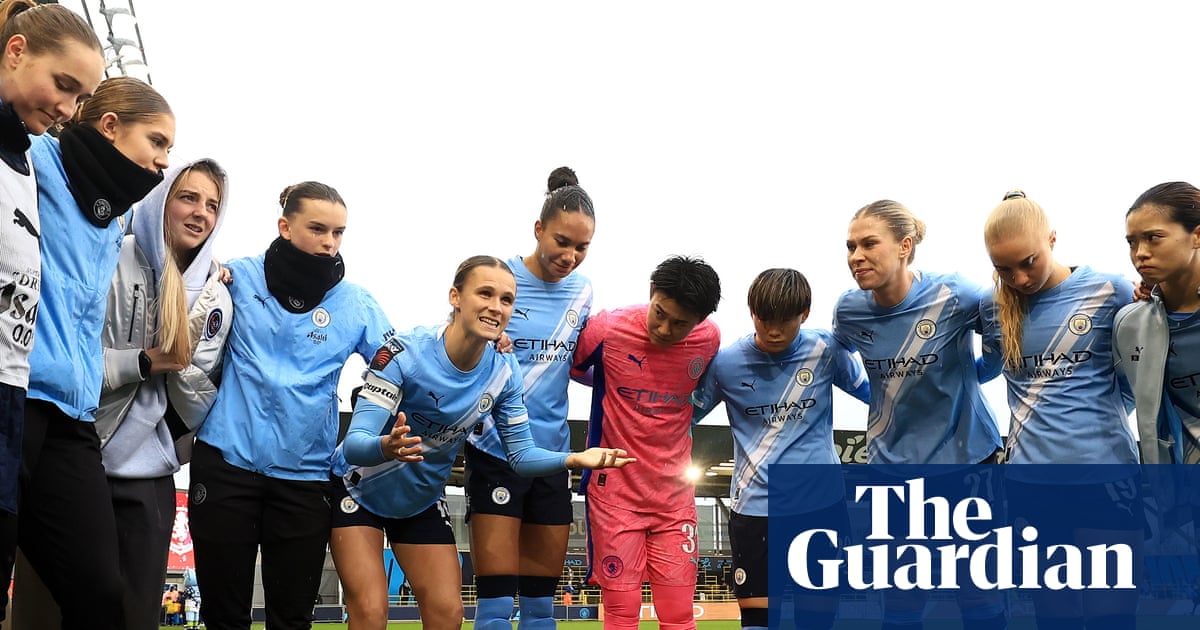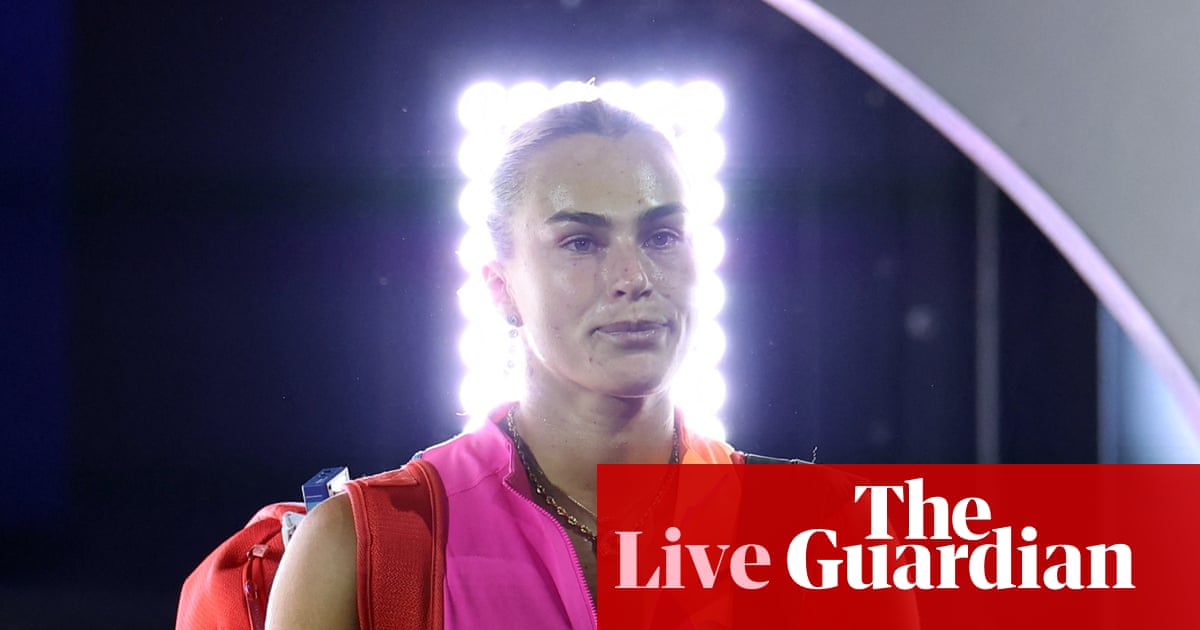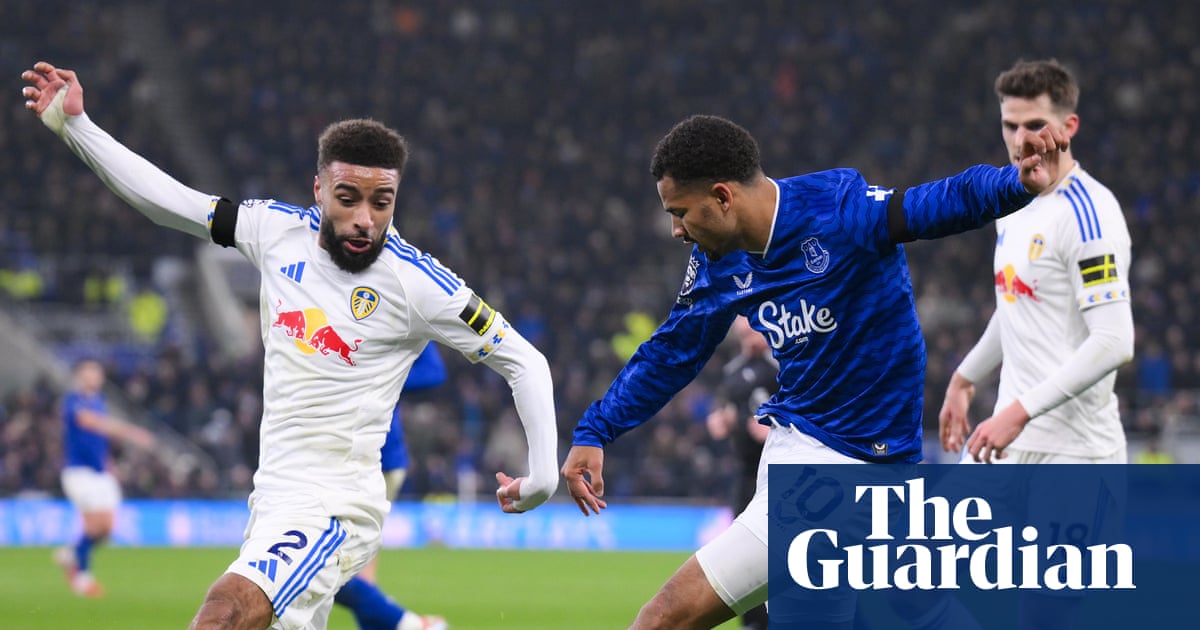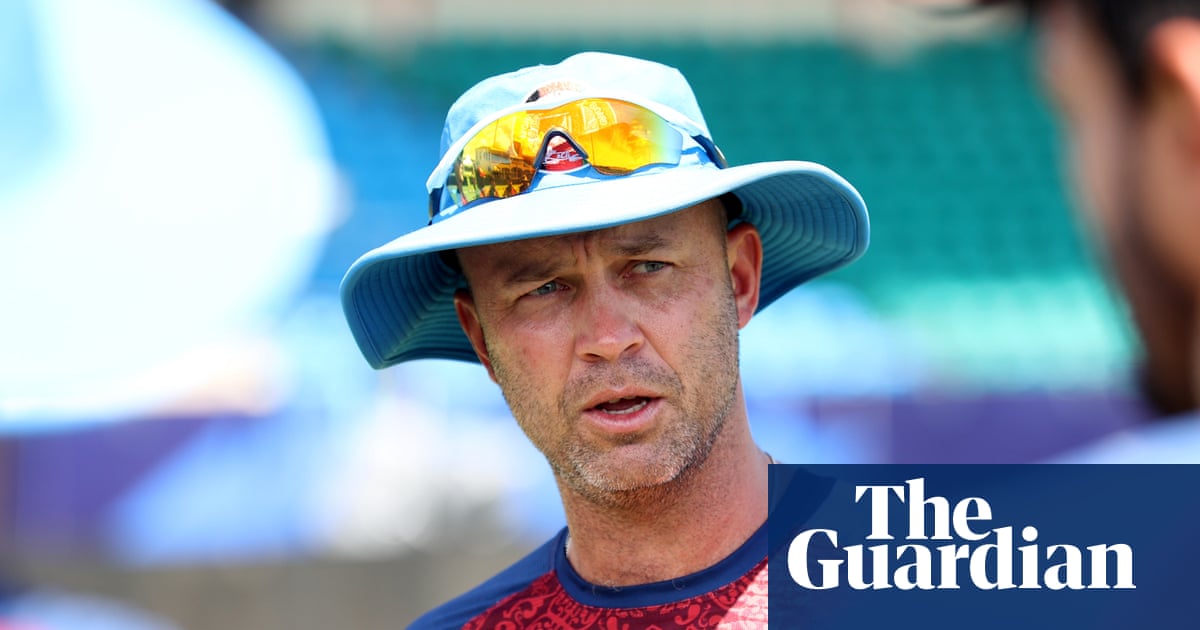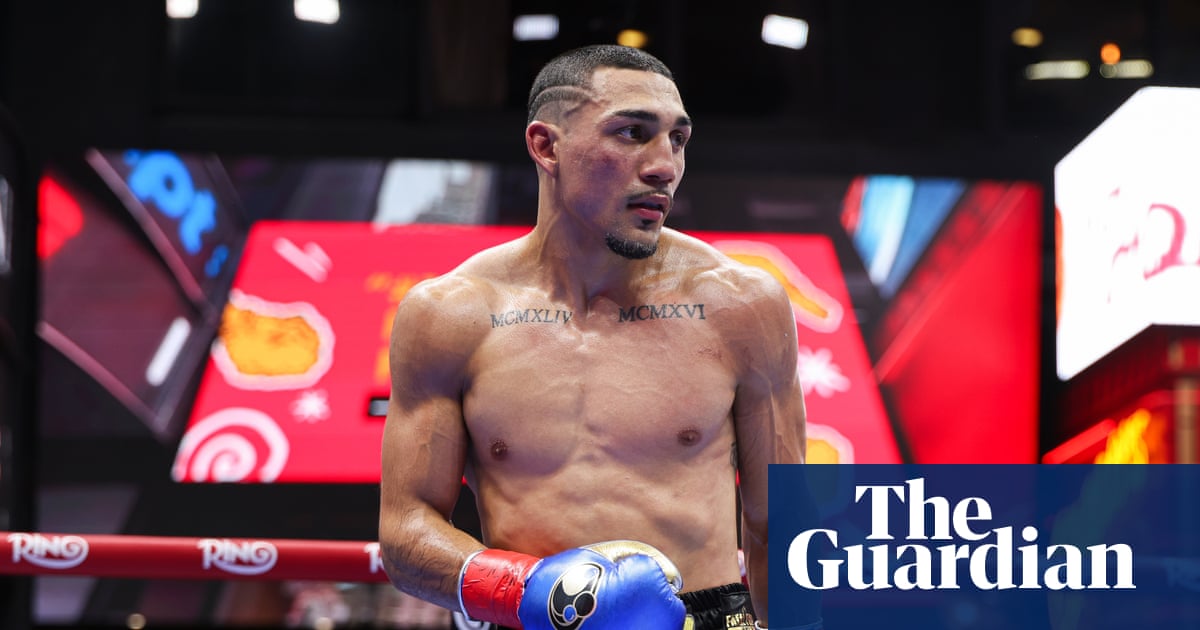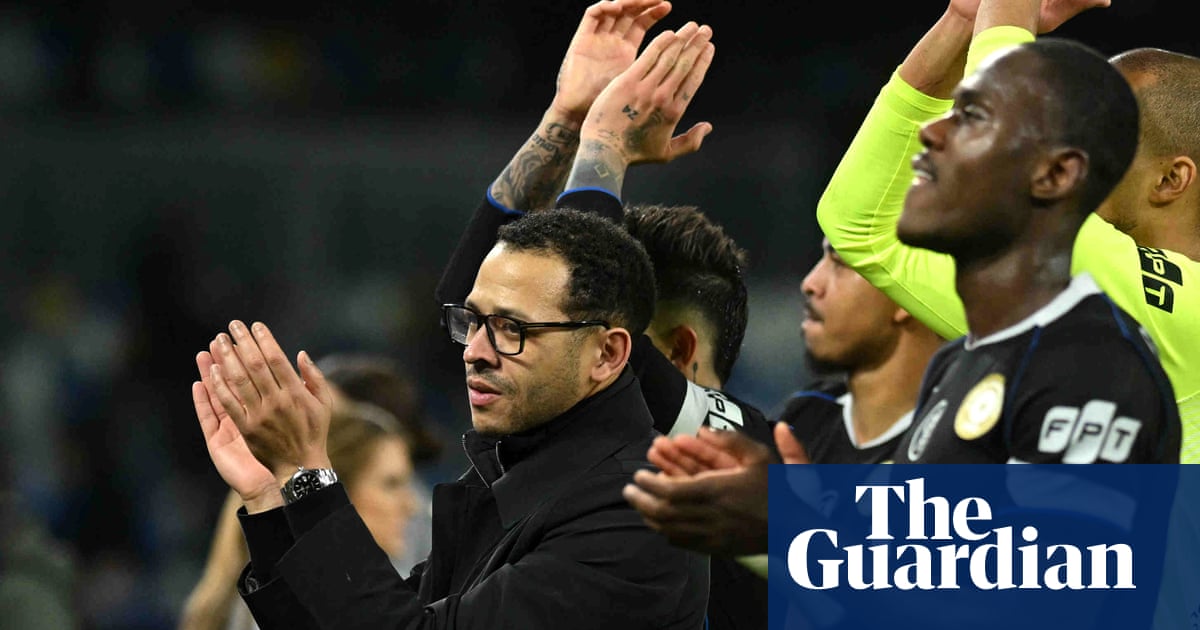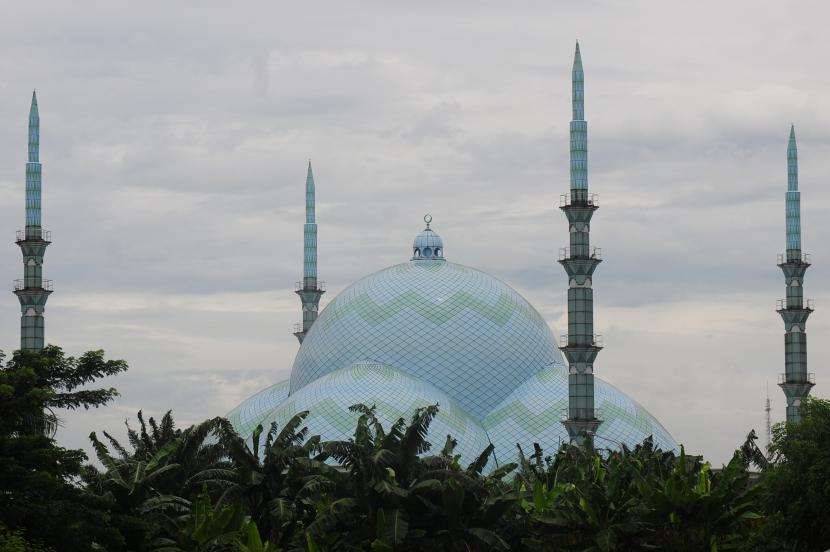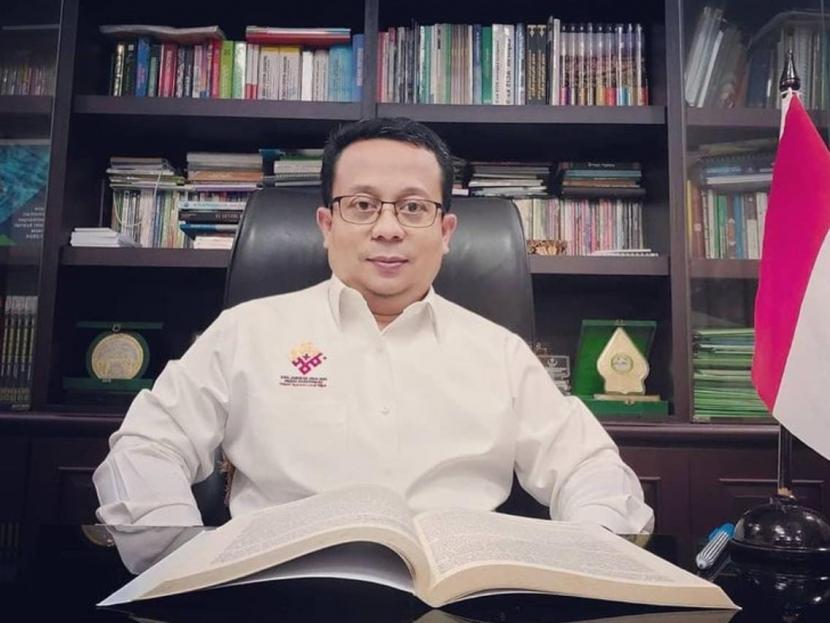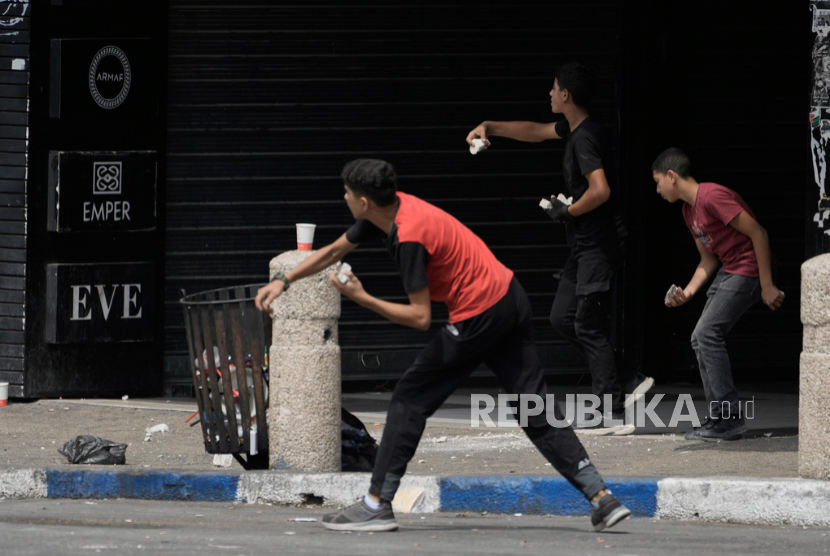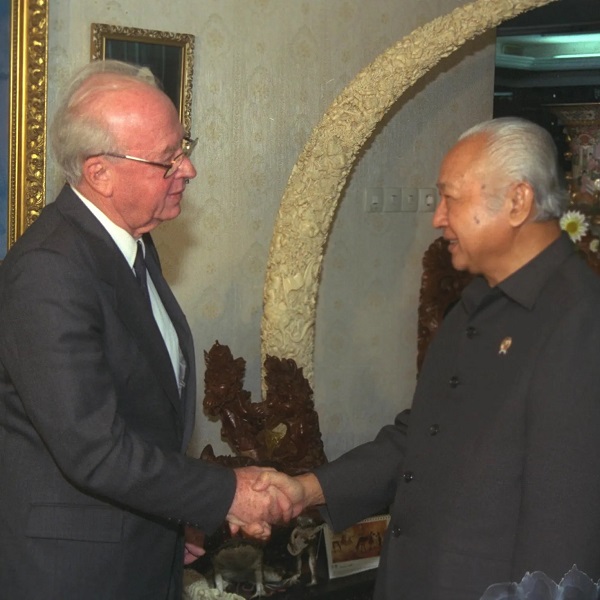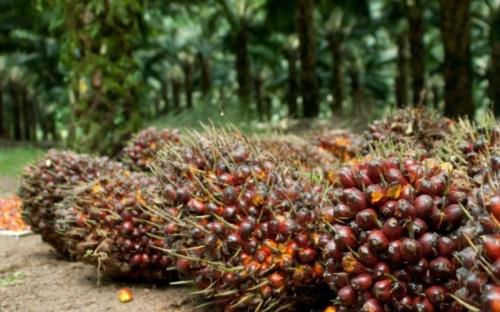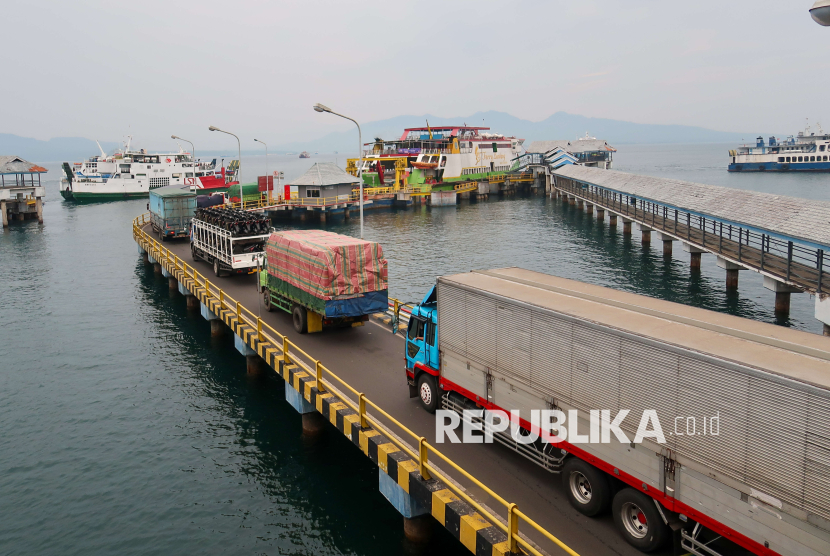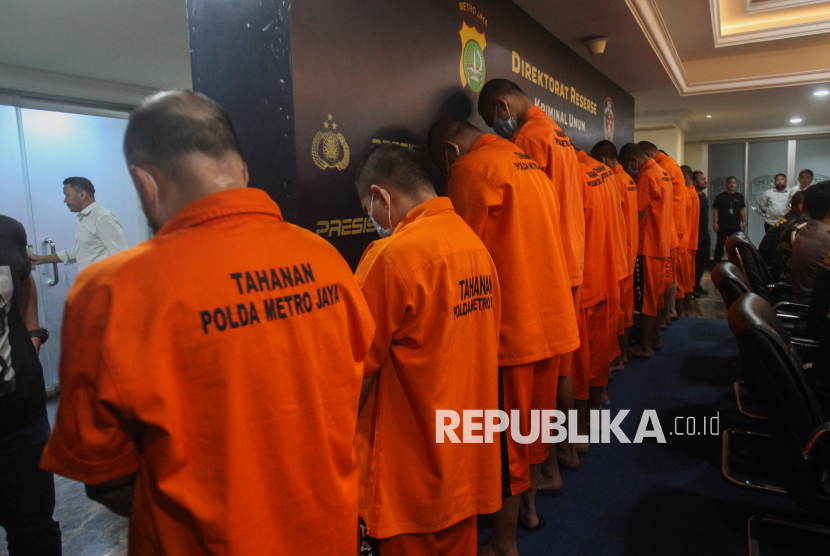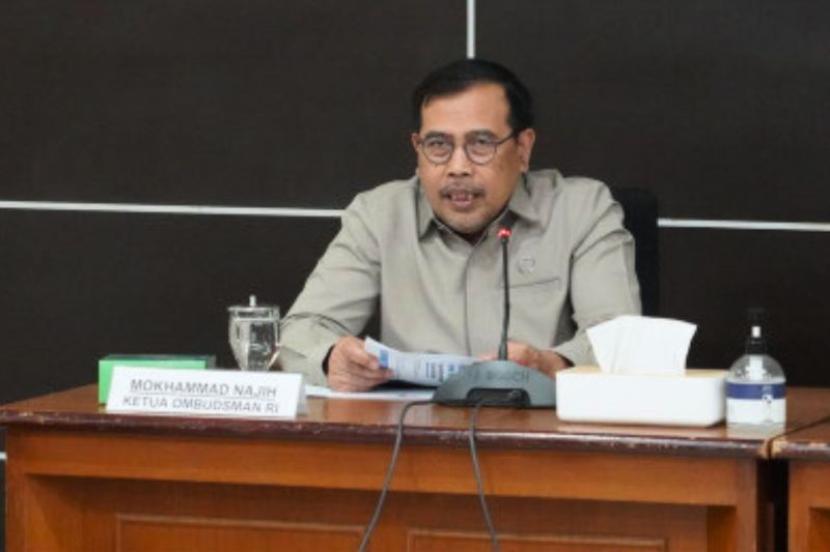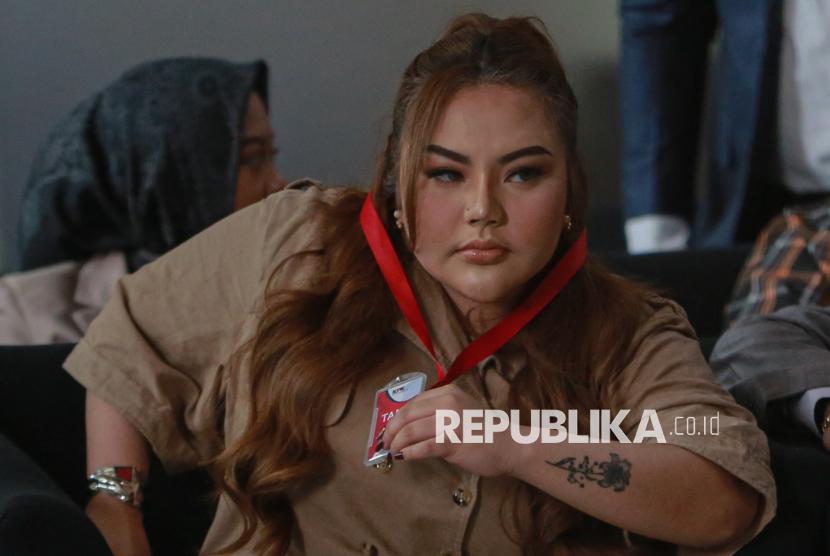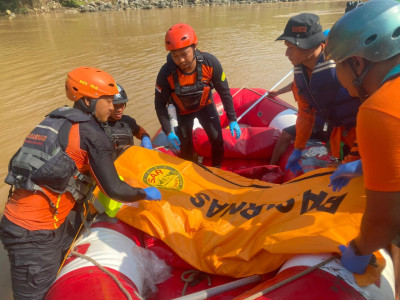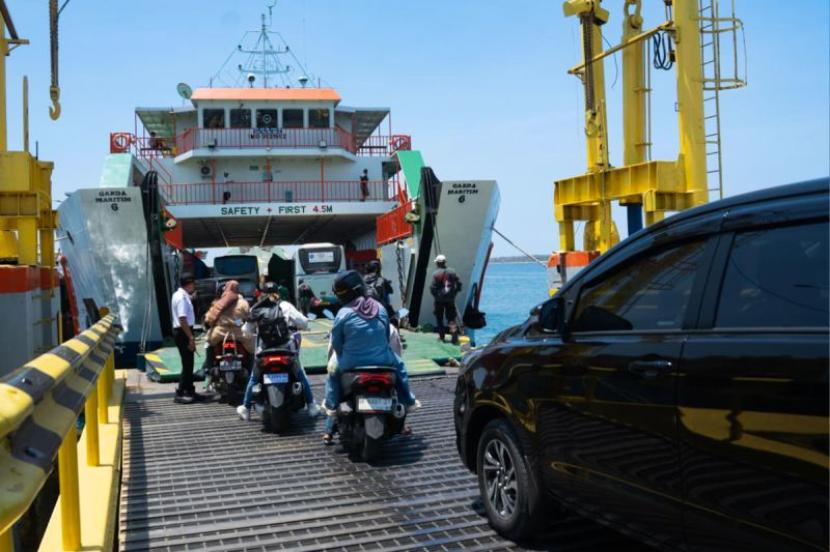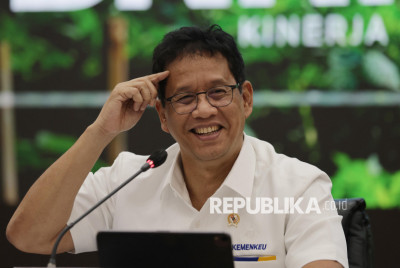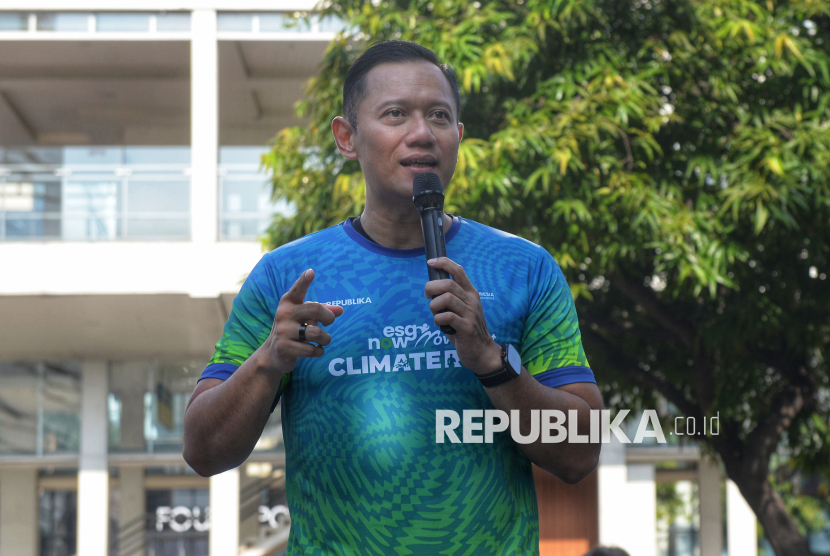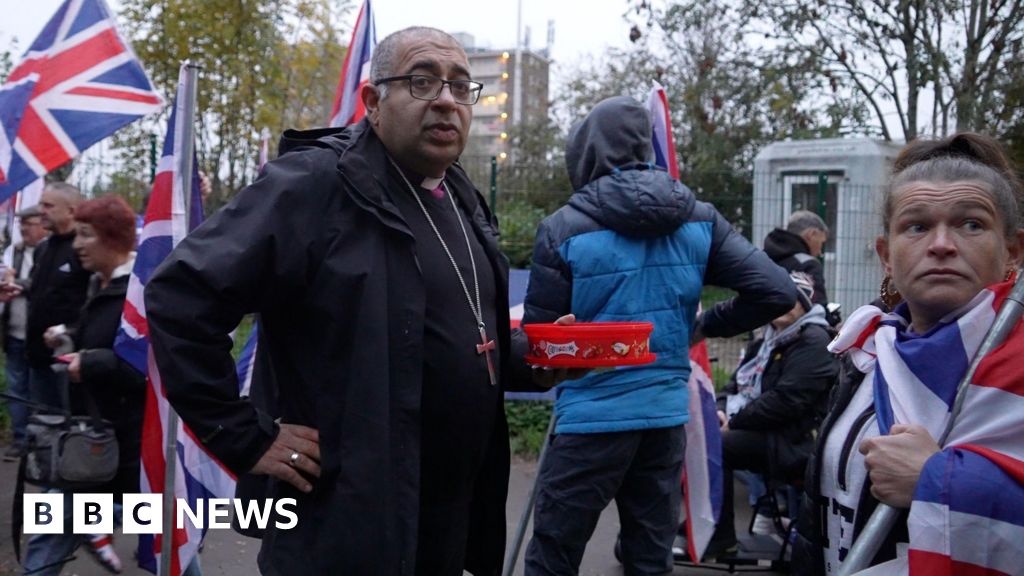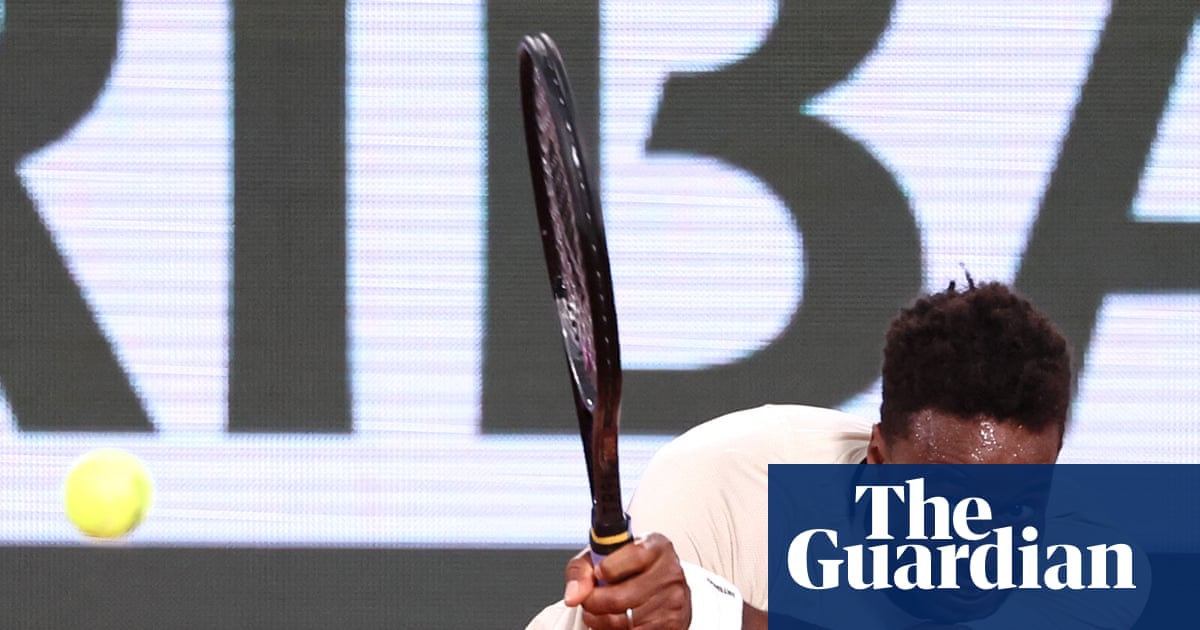On 5 July 1975, the Cape Verdean flag was raised for the first time at Estádio da Várzea in the capital city of Praia, marking the nation’s declaration of independence from Portugal. At that moment, there was no national football team – and no sign of what was to come.
Exactly 100 days after the 50th anniversary of independence, the same flag was waved at the very same ground, where crowds gathered to celebrate Cape Verde’s historic first World Cup qualification with the players who had earlier secured the decisive 3-0 win over Eswatini five miles away at the National Stadium. This island nation off the coast of Senegal, with a population of fewer than 600,000, has become the second-smallest country to qualify for the tournament, after Iceland in 2018.
Estádio da Várzea, which once hosted Cape Verde’s national team matches and was the venue for the 2000 Amílcar Cabral Cup – the country’s only trophy besides the 2009 Lusophony Games – thronged with joyous locals. A crowd had watched the game on a big screen outside, and a stage had been set up inside in preparation for a hoped-for party. People flocked there after the match, the players turning up after a period in their hotel.
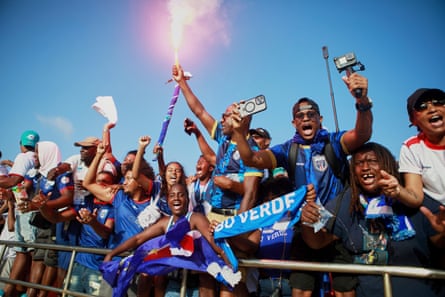
Fans flooded the pitch and some of the squad joined top Cape Verdean music artists on stage, singing and dancing late into the night. A brief fireworks display lit up the sky shortly after midnight. Most of the crowd were young, the government having decided against declaring Tuesday a public holiday despite rumours that it would do so and the president, José Maria Neves, comparing the country’s World Cup qualification to “a new independence”.
The milestone, secured in the final Group D match of Africa’s 2026 World Cup qualifiers, broke the usual calm of Praia – a city better known for its laid-back rhythm. Local authorities had granted residents the afternoon off in anticipation, allowing the entire capital to rally behind the Blue Sharks as they chased history.
“Independence Day and 13 January 1991 – when the first multiparty elections were held – are the two symbolic dates that have united our people,” said José Maria Silva, the national director of state protocol. “This World Cup qualification can already be considered the third defining moment of our nation.”
For a people who tend to keep their emotions in check, excitement was sharper than usual even in the buildup to Monday’s game. Cape Verdean flags hung from balconies, bars, restaurant windows and car doors – yet the atmosphere remained calm. Fifteen thousand fans slowly and peacefully made their way into the National Stadium, inaugurated in 2014 and financed by China. Despite the high stakes, the quiet held firm inside and outside the venue – until the referee blew the opening whistle.
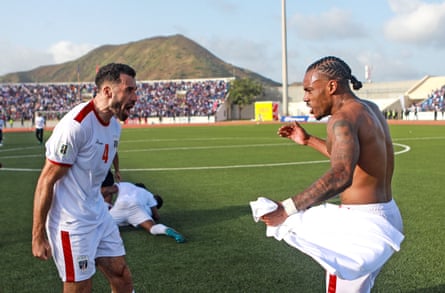
The goalless first half and the difficulty Cape Verde had in breaking down Eswatini’s defence cooled spirits once more, but Dailon Rocha Livramento’s tap-in three minutes after the interval unleashed a long-held roar from the fans – one that had been building since last month’s victory over Cameroon, which paved the way for Cape Verde to finish first in the group. The Hellas Verona forward, on loan at Casa Pia in Portugal’s top division, set the stadium shaking as he pointed to his wrist, signalling it was time to head to the World Cup, just as he had against Cameroon.
Goals from Willy Semedo and Stopira intensified the celebrations, but by then the outcome was clear – as was the crucial role of talented players from the large Cape Verdean diaspora, often referred to as the 11th island of the archipelago, in propelling the national team forward.
Without the contribution of Cape Verdeans scattered across the globe – who outnumber those living in the country and made up 14 of the 25 players called up for the last two qualifying matches – reaching the World Cup would not have been possible.
The process of recruiting dual-national players began in about 2002, shortly after the Blue Sharks’ first World Cup qualifying campaign had ended in the preliminary round. It was initiated by Lito, a forward who emigrated to Portugal at a young age and went on to make more than 200 appearances in the Portuguese top flight.
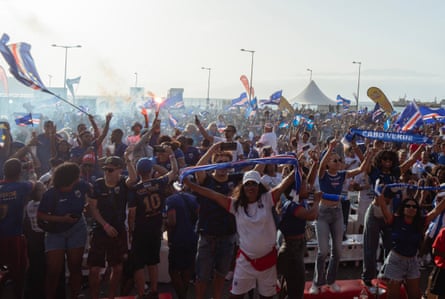
“He was one of the first foreign-developed players to choose to represent Cape Verde,” said Inácio Carvalho, a Cape Verdean football federation (FCF) vice-president. “We relied on him to help convince other Portugal-based players of Cape Verdean descent to join the national team.”
The network of diaspora players expanded beyond Portugal to other countries – notably France and the Netherlands. The latter, especially the city of Rotterdam, holds a special place: home to an estimated 23,000 people of Cape Verdean descent, it has produced six players in the current national team, including Livramento, the team’s leading scorer in the qualifiers with four goals.
Cape Verde is a nation shaped by a history of severe droughts, scarce natural resources and limited opportunities. As a result, it has experienced several waves of mass migration, with many seeking better lives, primarily in the United States and western Europe. Today, like the migration steamboat sung about by the Cape Verdean singer Mayra Andrade, the sons of the Cape Verdean diaspora have answered the call of their ancestors’ land, bringing unprecedented joy to their compatriots’ hearts.
“Being able to repay the efforts of our grandparents and parents, who emigrated to give us a better future, sometimes even working two jobs at the same time, is the least we can do,” Livramento said.
The key to preparing these diaspora players – born and raised in different countries – was integrating them with the core group of homegrown talent. To achieve this, the coach, Pedro Leitão Brito, known as Bubista, focused on strengthening Cape Verdean identity, embodied by Cape Verde-born veterans such as Vozinha and Stopira, who started their careers in the local semi-professional league where salaries average €200-€300 (£174-£261) a month.
after newsletter promotion
“Unity among people with different mindsets and ways of life can only be achieved by respecting the uniqueness of each player,” the head coach said.
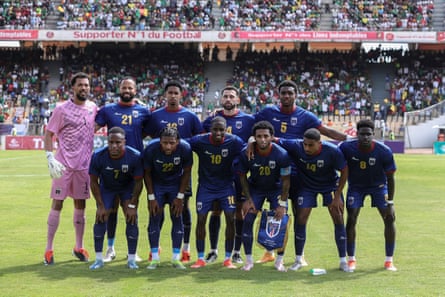
Vozinha, the No 1 goalkeeper, and Stopira, a late substitute against Eswatini, are playing this season in the Portuguese second tier. One more member of Monday’s starting XI is also in that division and the captain, Ryan Mendes, is with a team in Turkey’s second tier. The remaining eight starters from Monday are with top-division clubs in Portugal, the US, the United Arab Emirates, the Republic of Ireland, Romania, Russia, the Netherlands and Cyprus.
Bubista has skilfully built on the legacy of his mentor João de Deus – the assistant to Jorge Jesus at Al-Nassr in Saudi Arabia and the architect behind the national team’s development between 2008 and 2010 – and has emphasised the role of the Creole language in creating a mature group that pulls in the same direction.
“It’s the official language of the national team,” Bubista said. “Some players used to speak only English, but now they’ve learned Creole. Sometimes the guys try to speak other languages among themselves, but I don’t allow it, to keep our Cape Verdean identity intact.”
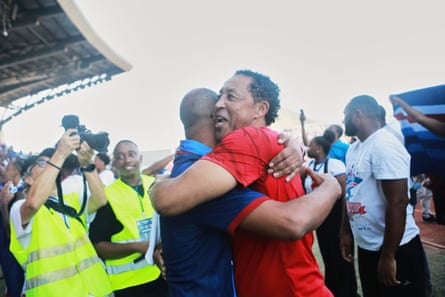
Equally important has been the growing professionalisation of FCF, which – despite limited resources and a staff of only eight – has made the most of what it has.
A fitting example of this evolution, supported by football’s global governing body, Fifa, is Gelson Fernandes – a former Switzerland international born in Cape Verde, who serves as Fifa’s director of member associations for Africa. “I turned professional too early,” he said, reflecting on the state of Cape Verdean football at the start of his career. “Back then, the FCF wasn’t ready. Today, Cape Verde is represented within Fifa, and we fully support the FCF, which is now capable of organising itself.”
The financial aspect – often a barrier to growth for smaller African nations – proved crucial. The FCF, according to another of its vice-presidents, Paulo Santos, has received financial support to cover part of the costs of expensive away matches. The trip to Libya in qualifying, for example, cost just under $400,000 (£300,000).
The $10.5m the FCF stands to earn from reaching the World Cup group stage will boost its finances and help it to build a more structured scouting system to identify emerging talent across the diaspora – a task currently handled by five members of the technical staff, including Bubista himself.
The goal is to raise the level of the Blue Sharks and one day convince players of Nuno Mendes’s calibre to choose Cape Verde – so that the flag first raised on 5 July 1975 is not only waved by the defender after his victories with Paris Saint-Germain or Portugal but proudly represented by him on the pitch.
.png)
 3 months ago
40
3 months ago
40
